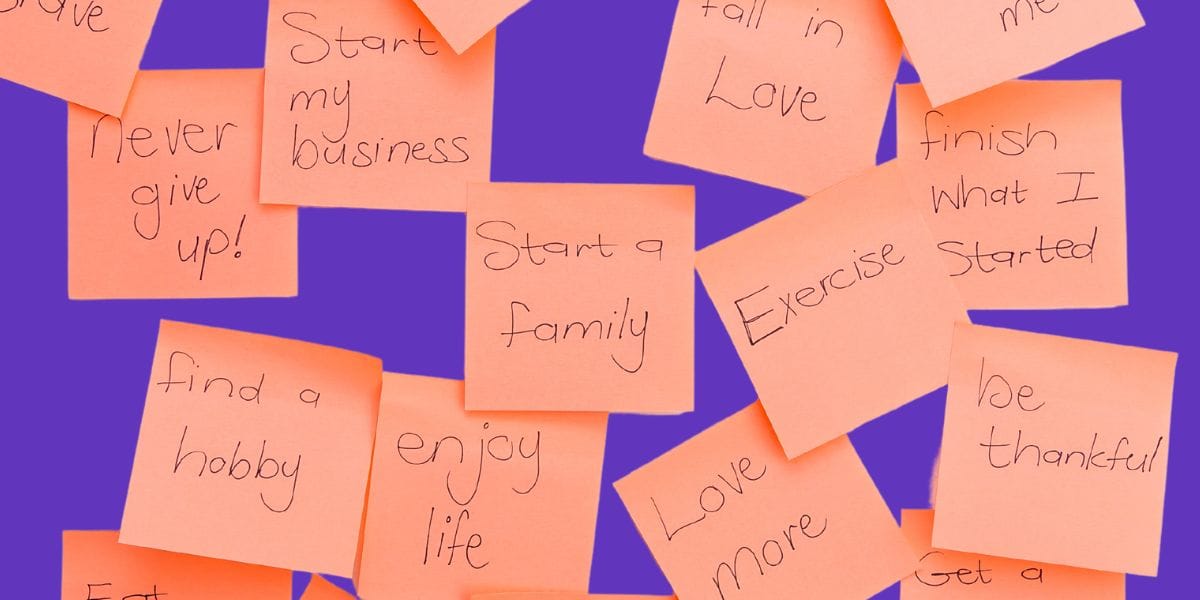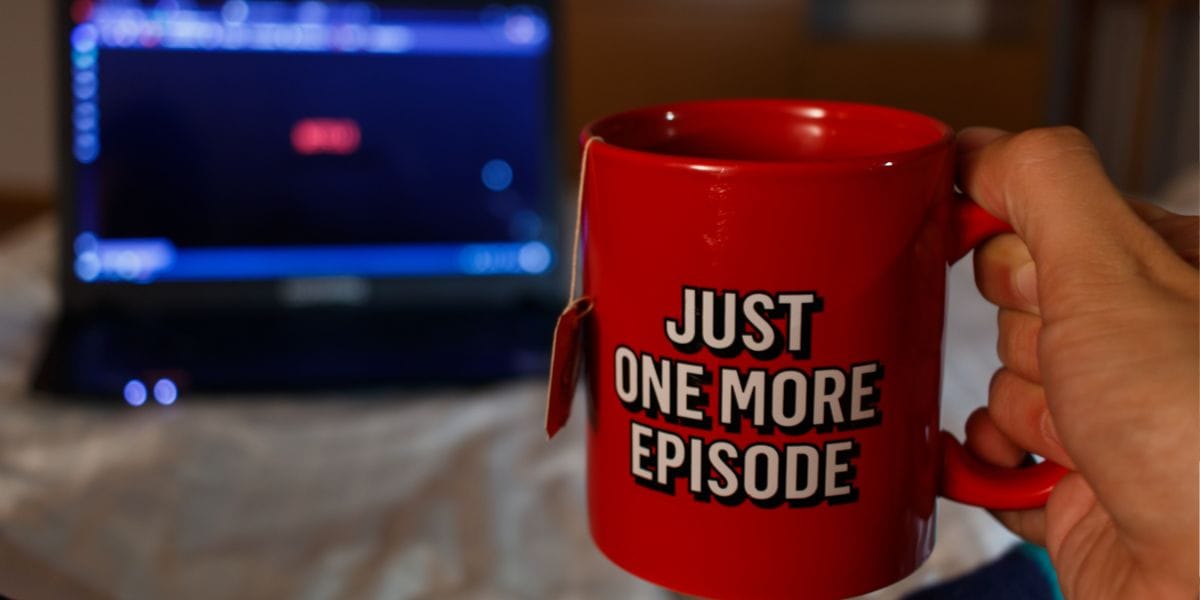If you don’t know why you can’t get a better grip on your money matters, don’t be so hard on yourself.
According to one study, 86 per cent of Australians don’t keep track of their monthly expenses. So, most of us don’t know how much we're spending; sometimes we don't even know what we are spending our money on.
This reality also backs us against the wall when we’re trying to get on top of our finances and save money.
To know why we’re stumbling is one of the keys to making actionable steps to better manage our money, confidence and take rein of our financial future.
Why do budgets fail? Here are the common reasons.
1. You’re guesstimating what things cost
No one plans to spend their annual salary on their wedding, it just works out that way. That's why the average cost of a wedding in Australia is more than $65,000!
But most of us are guilty of underestimating regular expenses too.
While some of our day to day expenses such as rent, car repayments and health insurance premiums remain stable, other costs vary.
And most of us aren’t good at accurately estimating their cost.
Steps to success?
To accommodate for price fluctuations and variable expenses, you might want to pad your budget to avoid financial distress.
You may need to establish new goals and budgets for one-off expenses like car registration too.
2. Your budget is overly strenuous or inflexible
While your budgeting efforts should see you keeping to sensible habits, they also need to be realistic.
Nothing is worse for your money confidence than attempting to stick to something that is overly ambitious.
For instance is it realistic to never allow for non-essential items?
Do you really want a life with no dinners out, movies or spontaneous day trips?
Steps to success?
Factor in an entertainment kitty in your budget. Try not to itemise it, but instead give a dollar figure so you have the freedom to choose how you’d best like to enjoy it.
If it’s $200 per month it gives you more flexibility with how you’d like to spend it, whether it’s a one-off dinner, a concert or drinks with colleagues a few times a month.
3. You’ve forgotten about these
While you know to factor in your utilities, rent and car payments, you might not have remembered the non-essentials.
Those are the things you buy sometimes or irregularly, but don't tend to have a standing position in our budgets.
Gifts for birthdays, farewells and weddings are some of the regular things that require one-off spending.
Because they don't make regular appearances in people's forward planning, their arrival can throw a budget into chaos.
Steps to success?
It doesn’t need to be rigorously itemised, but you need to have enough wriggle room so there is an allowance for these items in your budget.
After all, it’s okay to stumble. Just remember to keep at it.
And if you're unsure, pad your budget, it could save you future financial strain.
It will take some planning and discipline, but the pay-off will help give you stronger money confidence and control over your financial future.



